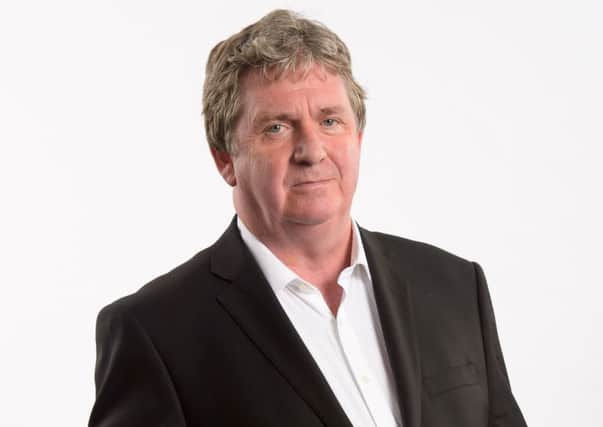Comment: Corporates may be at tipping point on M&A


We have also recently had telecoms giant BT’s £12.5bn move on mobiles group EE, and the recommended £1.7bn takeover approach by Sabadell of Spain for UK challenger bank, TSB.
And last year there was mega fizz in the pharma field, with Pfizer’s rebuffed $118bn merger approach to British/Swiss drugs giant AstraZeneca, and US biotech AbbVie’s star-crossed multi-billion attempt to take over the UK’s Shire Pharmaceuticals.
Advertisement
Hide AdAdvertisement
Hide AdEuropean stocks shot higher yesterday on speculation that we may be seeing the opening salvos in a summer season of balance sheet-strengthened US corporate giants putting the mighty dollar to work in European companies under pressure due to an economically weak eurozone.
Such merger fireworks go against the wider official data, which shows that 2014 saw total domestic and cross-border M&A involving UK companies fall to the lowest level since 1987 when records of such takeovers started.
For instance, in the last three months of last year, there were 26 mergers and acquisitions overseas by UK corporates, against a 1997-2014 fourth-quarter average of 80.
So what’s going on? One interpretation is that, even with balance sheets largely repaired from the financial crash and recession of 2008-09, many corporates still have a cautious attitude to takeovers, perhaps wary of undoing all the good financial recovery work with an ill-judged acquisition.
Act in haste, repent at leisure might just still run quite deep in general terms. But there is always a vanguard in these cycles, and FedEx, Heinz, BT, etc might show that 2015 could be the year investment bankers have more success in touting takeover deals to ambitious corporates. There is also first-mover advantage. Big companies that sniff the air and sense the take-over cycle may be about to turn to active again may feel that they gain both financially and strategically by diving in first.
It could be that the major merger activity we have seen recently, contrasting with the wider underlying business cautiousness on deals, is a burst of early acquisition ambition among the corporate outriders that could translate into a more general flowering of M&A as 2015 progresses.
Customers flock to Ryanair again
It’s nice to be nice. Well, it has paid off for Ryanair, the budget airline that under never knowingly discreet chief executive Michael O’Leary had a “gobshite” default position.
Calling environmentalists “headbangers” and saying aviation consultants should be shot. It didn’t hurt that O’Leary twigged “giving good quote” alongside mundane trading results didn’t hurt the prominence Ryanair stories got in newspapers. Almost free advertising.
Advertisement
Hide AdAdvertisement
Hide AdBut it has been a case of let graciousness be unconfined at the group since it suffered two profits warnings in 2013 and needed to attract customers back.
It has worked. The airline boosted its customer numbers by 28 per cent last month, partly due to initiatives such as allocated seating. Its planes are now 90 per cent full, not 80 per cent.
O’Leary’s discovery of “After you, Claude” has paid dividends.
FOLLOW US
SCOTSMAN TABLET AND MOBILE APPS